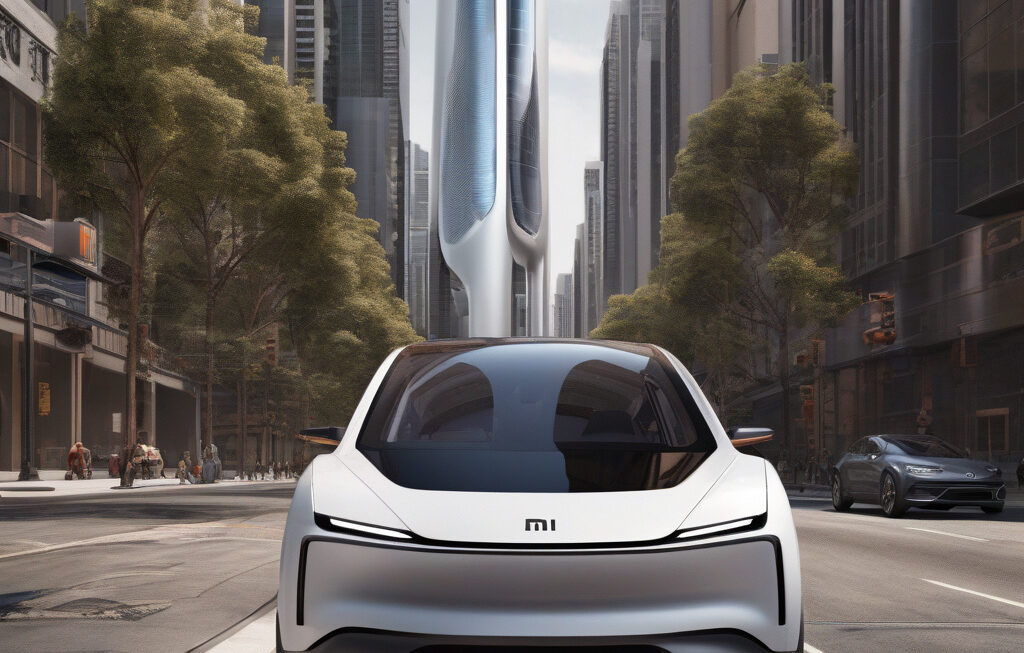China’s Breakthrough: New Additive Triples EV Lithium-Metal Battery Life to 3,000 Cycles
Lithium metal batteries (LMBs) are the next big step in energy storage. They can store significantly more energy than lithium-ion batteries, making them a promising technology for electric vehicles (EVs) and renewable energy storage systems. However, one of the main challenges with LMBs has been their limited cycle life. Traditional LMBs typically last for around 1,000 cycles before their performance starts to degrade, significantly impacting their overall lifespan and efficiency.
In a groundbreaking development, researchers in China have recently announced a new additive that has the potential to triple the cycle life of EV lithium-metal batteries to an impressive 3,000 cycles. This innovation could revolutionize the EV industry by addressing one of the key limitations of lithium-metal batteries and paving the way for their widespread adoption.
The new additive, which has been developed by a team of scientists at a leading research institute in China, works by forming a stable interface between the lithium metal anode and the electrolyte. This interface helps to prevent the formation of dendrites, which are tiny needle-like structures that can grow on the surface of the lithium metal and cause short circuits within the battery. By inhibiting dendrite formation, the additive effectively extends the lifespan of the battery and ensures more stable performance over multiple charge-discharge cycles.
The implications of this breakthrough are significant. With EVs becoming increasingly popular and governments around the world setting ambitious targets to reduce carbon emissions, the demand for high-performance, long-lasting batteries is higher than ever. By tripling the cycle life of lithium-metal batteries, the new additive could help accelerate the transition to electric vehicles and make renewable energy storage more efficient and cost-effective.
In addition to improving the longevity of lithium-metal batteries, the new additive also enhances their safety. Dendrite formation not only reduces the lifespan of the battery but can also lead to safety hazards such as overheating and potential fires. By mitigating the risk of dendrite growth, the additive makes lithium-metal batteries more stable and reliable, addressing another key concern associated with this technology.
The development of this new additive underscores China’s commitment to innovation in the field of energy storage. As the world’s largest market for electric vehicles and a global leader in renewable energy adoption, China is heavily investing in research and development to drive advancements in battery technology. By successfully tripling the cycle life of EV lithium-metal batteries, Chinese researchers have once again demonstrated their expertise and leadership in this critical area.
In conclusion, the breakthrough achieved by Chinese researchers with the new additive for lithium-metal batteries marks a significant milestone in the development of high-performance energy storage solutions. By extending the cycle life of EV batteries to 3,000 cycles, this innovation has the potential to reshape the electric vehicle industry and accelerate the transition to sustainable transportation. As we look towards a future powered by clean energy, advancements like this will play a crucial role in driving progress and shaping the way we store and utilize electricity.
China, Lithium Metal Batteries, EVs, Energy Storage, Innovation











